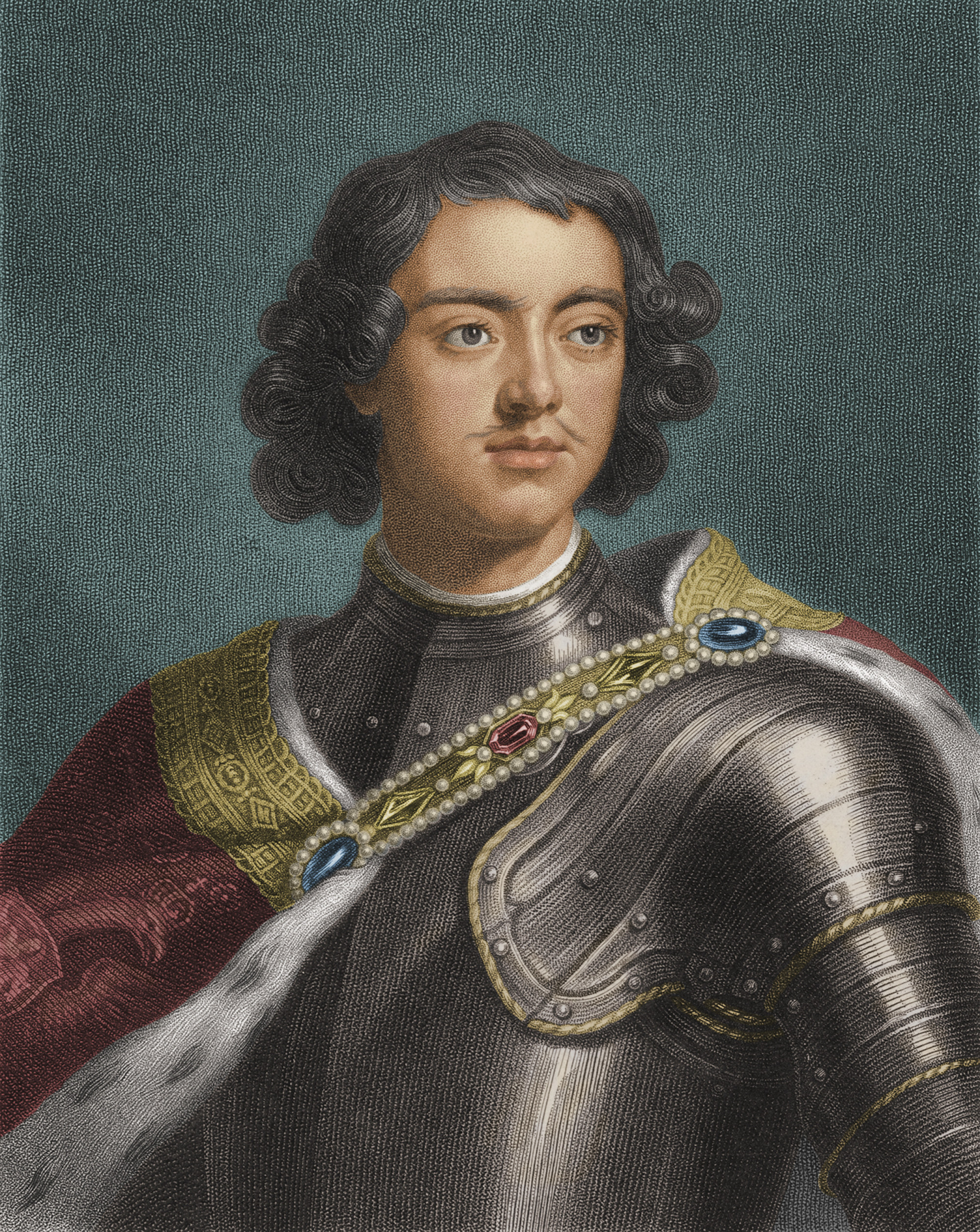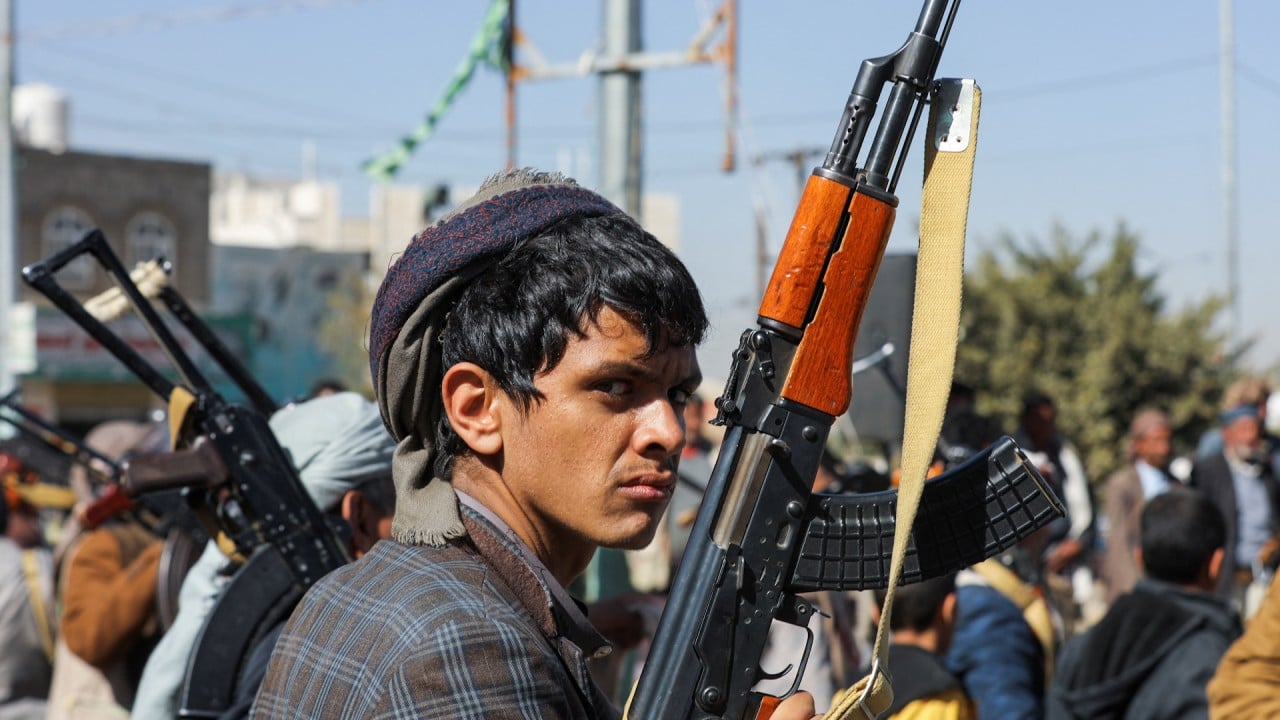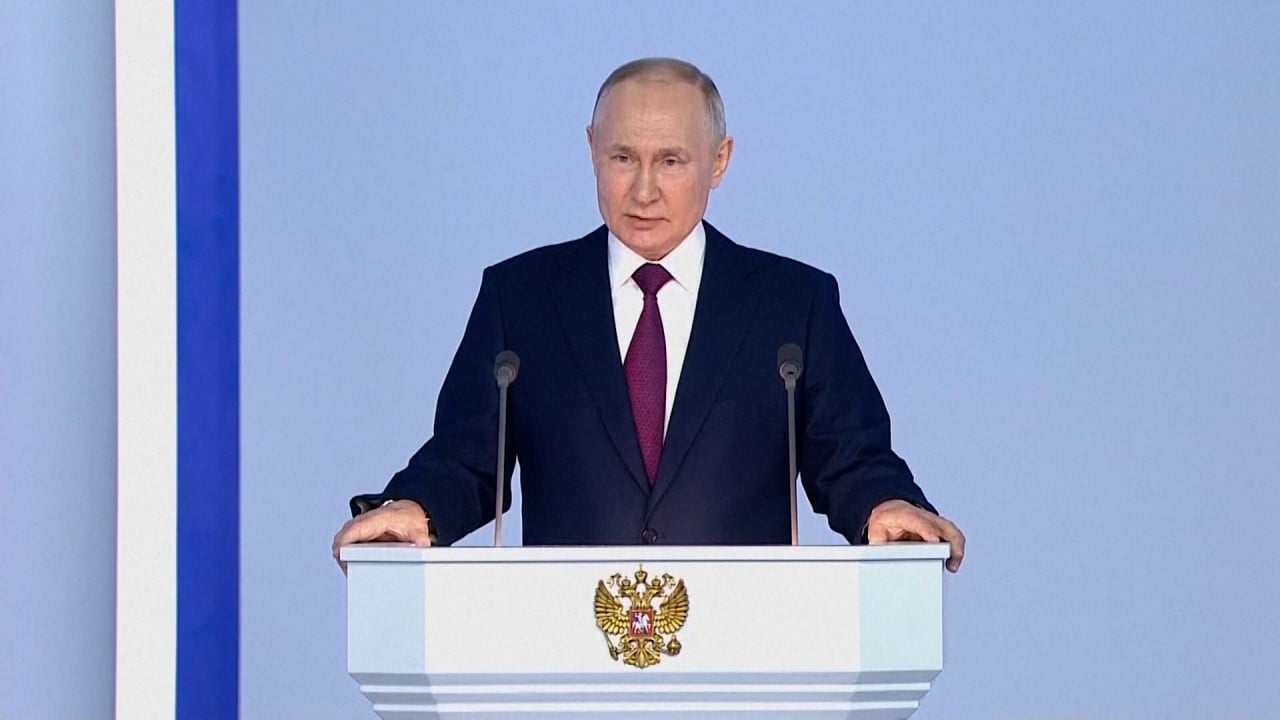Still, one can sense the momentum shifting towards a negotiated end of the war.
But Putin does not seem to have capitalised on his cards to push back hard against Washington, either in the battlefield of Ukraine, where he is gaining the upper hand, or in the Middle East, where America has found itself between a rock and a hard place with the messy Gaza situation sparking the defiance of the Houthis and other Iran-backed militias.
So, the logic goes, Russia is so vitiated as to be incapable of launching any substantive counteroffensives in Ukraine or the Middle East, or on a diplomatic front.
All this could be the case. But there is a deeper dimension to it. The Russian people have had an irrepressible urge to be a part of Europe, ever since the reign of Peter the Great, Russia’s legendary tsar, over 300 years ago; for that, even today, Russia’s ruling elite is unwilling to fall completely foul of Washington and its European allies.

Peter the Great’s 18-month tour of Europe is well known; and he moved Russia’s capital from inland Moscow to the Baltic city Petrograd, today’s St Petersburg, named after Saint Peter and himself – symbolically to get closer to Europe.
Later, in tsar Alexander I’s army, a group of young reform-minded officers, aka the Decembrists, were so captivated by the French Revolution’s advocacy of modernity that after the Napoleonic wars, they staged a rebellion of their own back in Petrograd, to overthrow the deemed backwardness there and usher in the advanced, modelling it on what they had seen in the glamorous Paris they had conquered.
The “Russian soul” has been the subject of novelists from Lev Tolstoy, who explored the contradictions between Russian traditional instincts and the aristocratic leanings towards Europe, to Fyodor Dostoevsky, who exhibited an often anti-European nationalism.
Fast forward to today, and one can see what is meant when the late Henry Kissinger, a former US secretary of state, described Putin last year as a “Dostoevsky-type figure”, after the frustrated Russian leader launched war on Ukraine.
Throughout, Europe’s bias and hostility towards Russia remain entrenched. The saying, “scratch a Russian and find a Tatar”, for instance, has been attributed to many, including diplomat Joseph de Maistre of 19th century France.
Still, Russia seems to keep looking westwards. Other ideologies – be it the fascism-coloured Duginism or east-looking proposition (cosying up to China) – all pale before this national obsession laden with history. It’s philosophical, bordering on the metaphysical.
Thus viewed, Putin may well be in the process of translating Russia’s embedded obsession into a strategy of actions on the ground. He may be seeing in America’s difficulties a window of opportunity for a new European order of which Russia will be a part.
If, however, US President Joe Biden suddenly looks set to win a second term, would that be the moment that Putin’s Russia hits again, for a Europe it has to be a part of but without America? Let’s see.
Terry Su is president of Lulu Derivation Data Ltd, a Hong Kong-based online publishing house and think tank specialising in geopolitics



